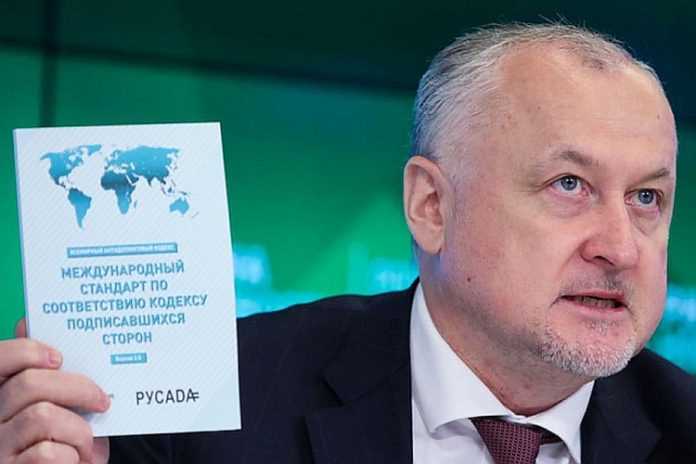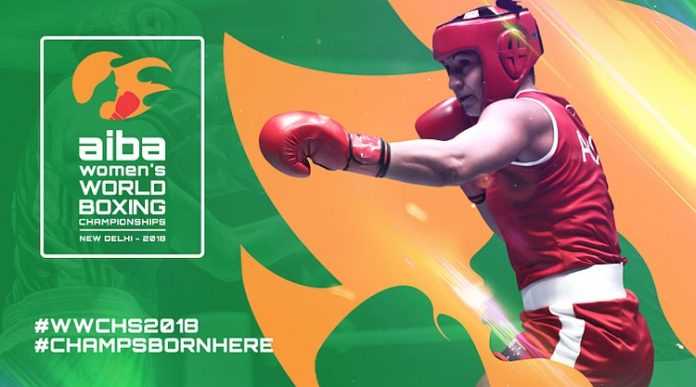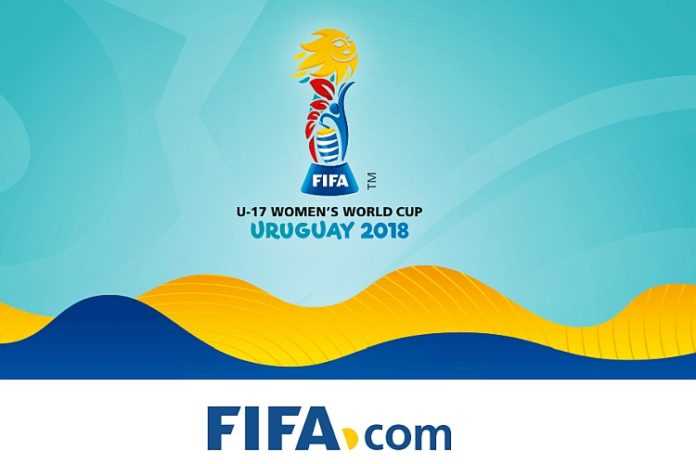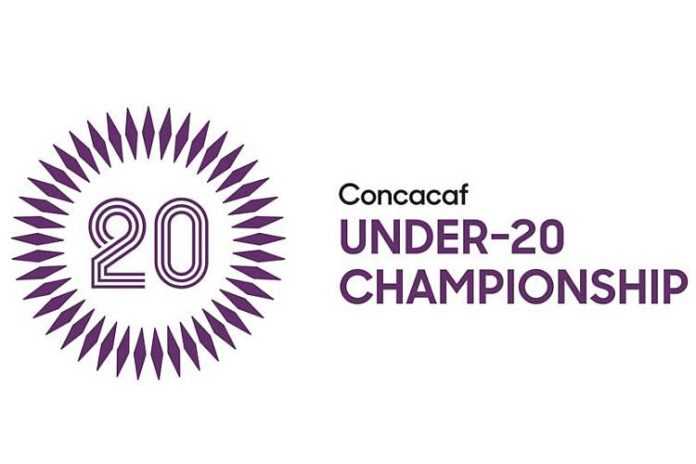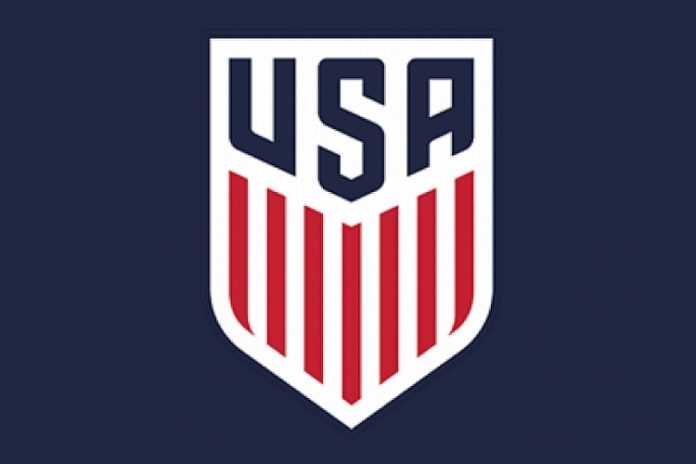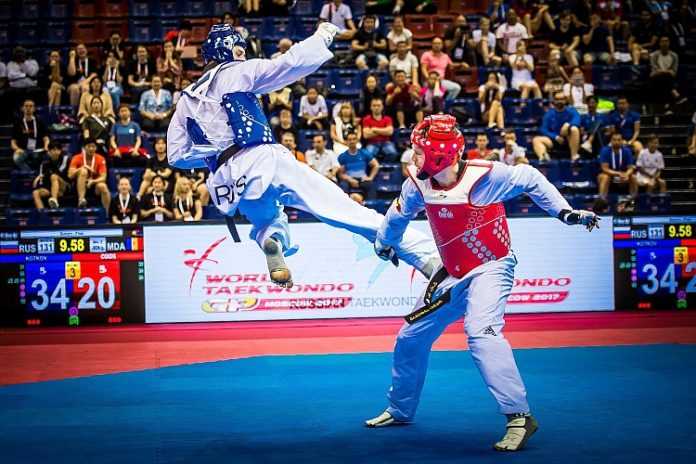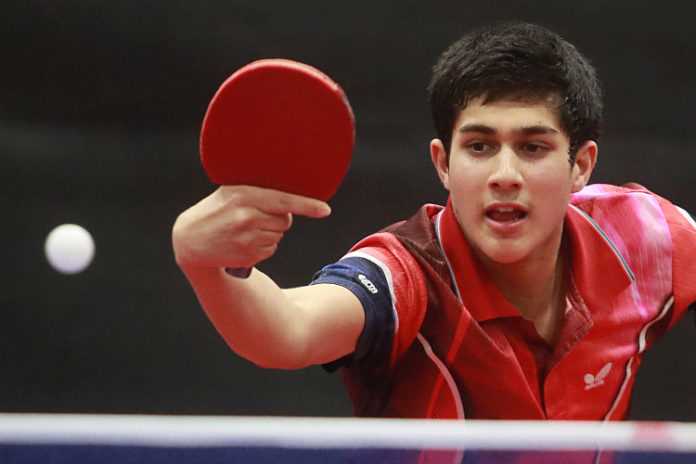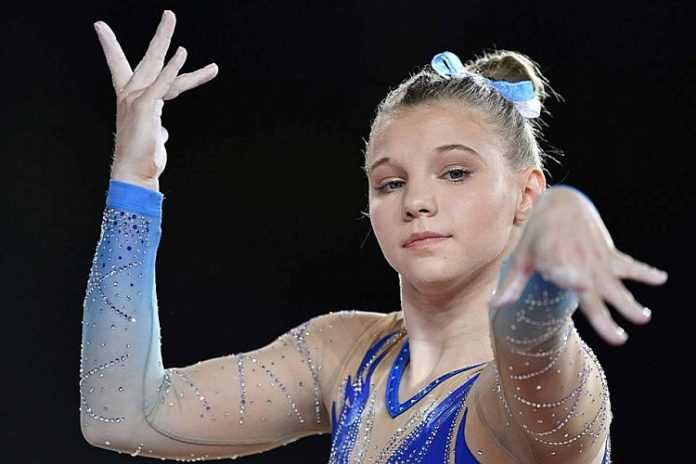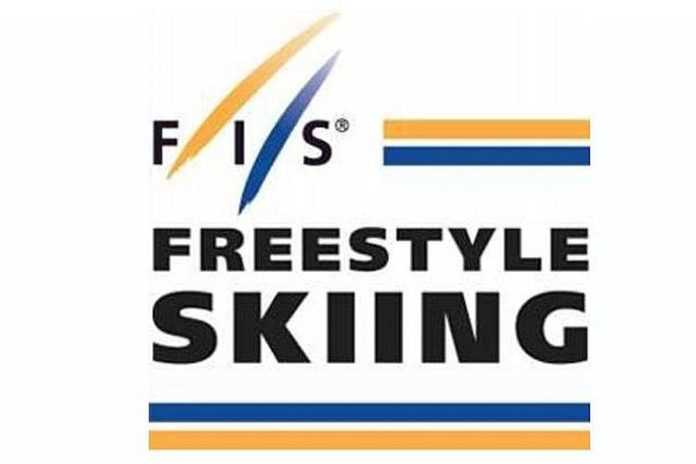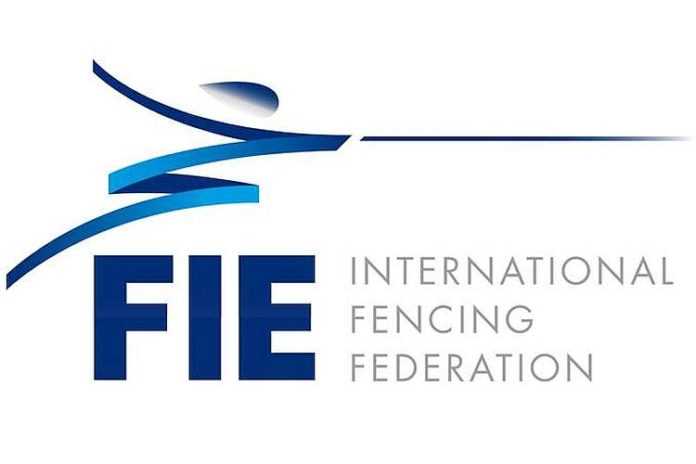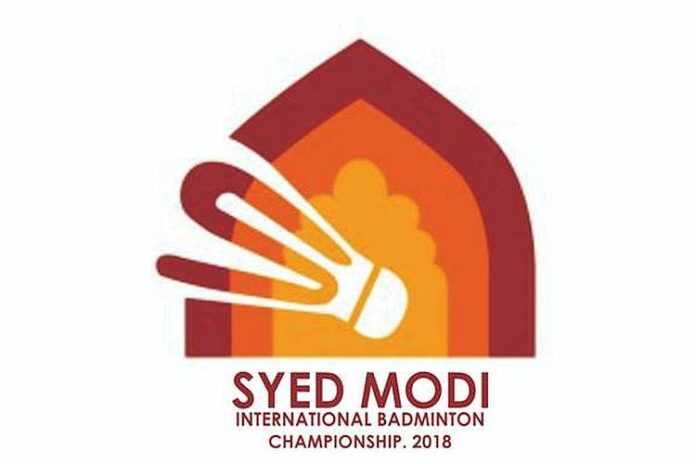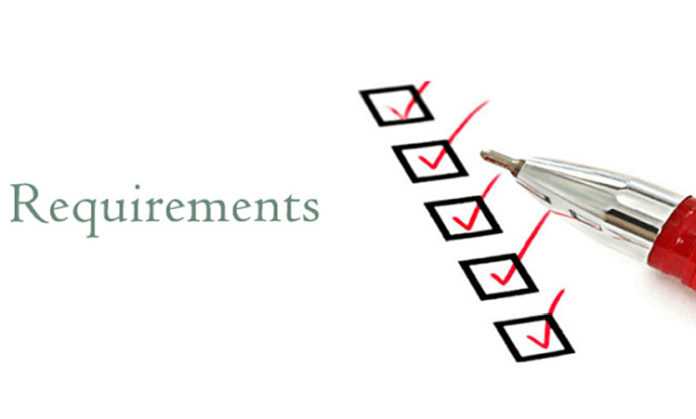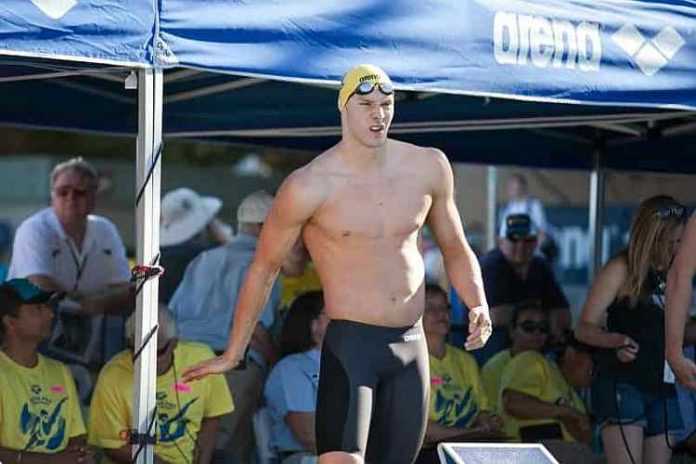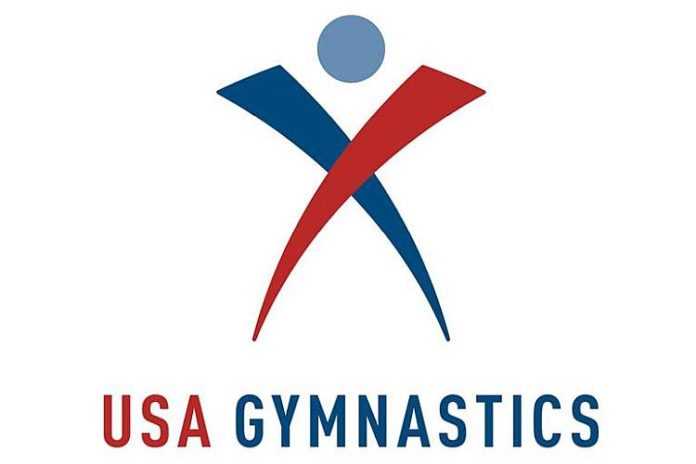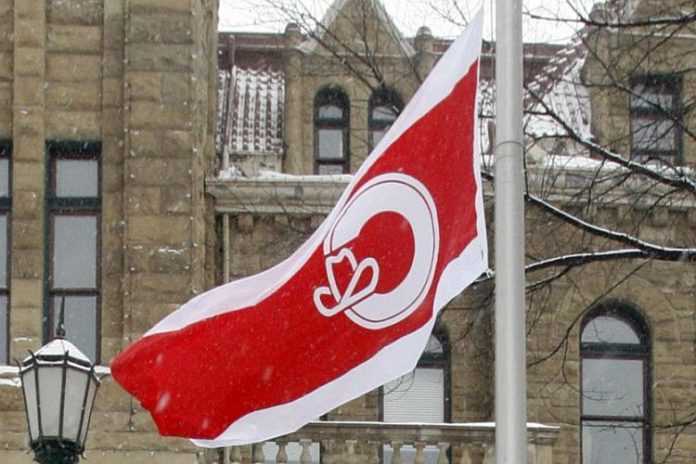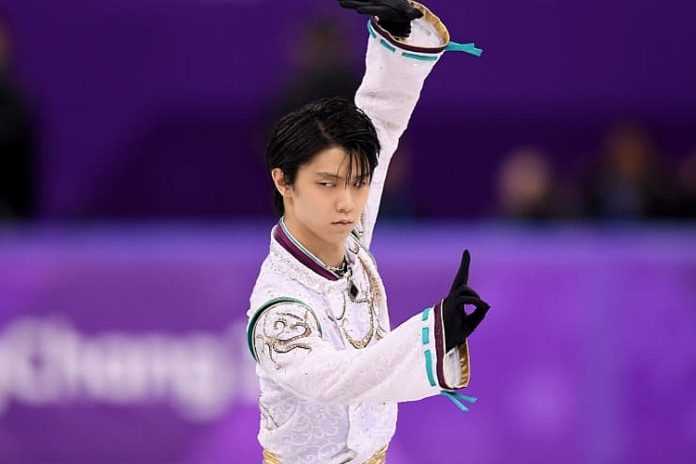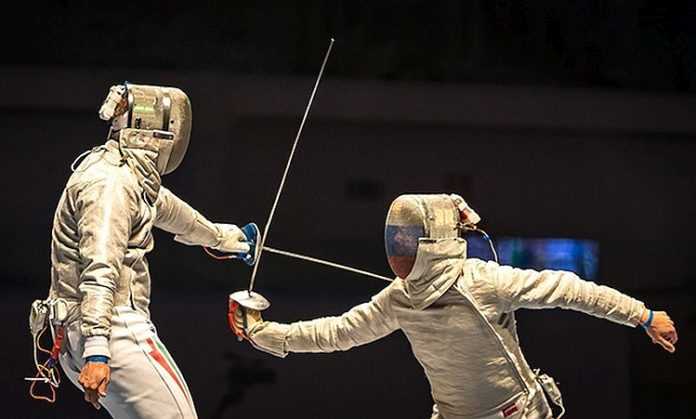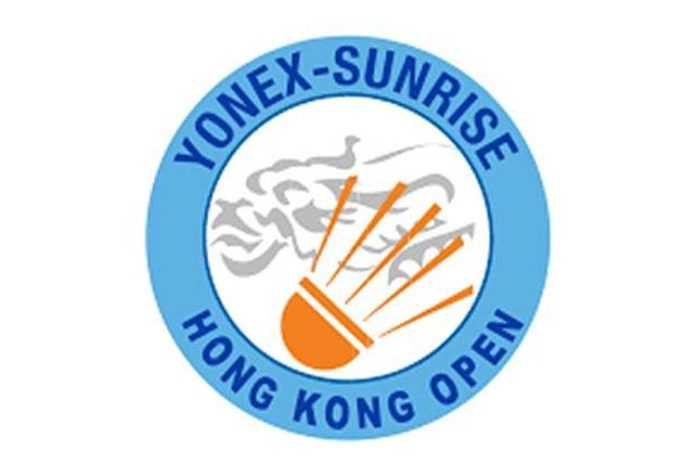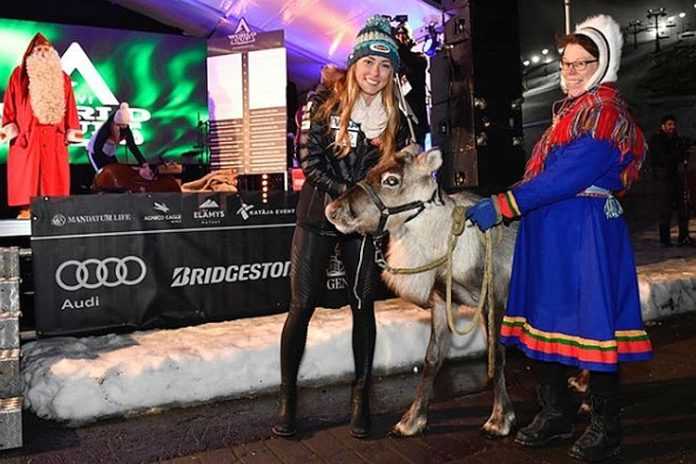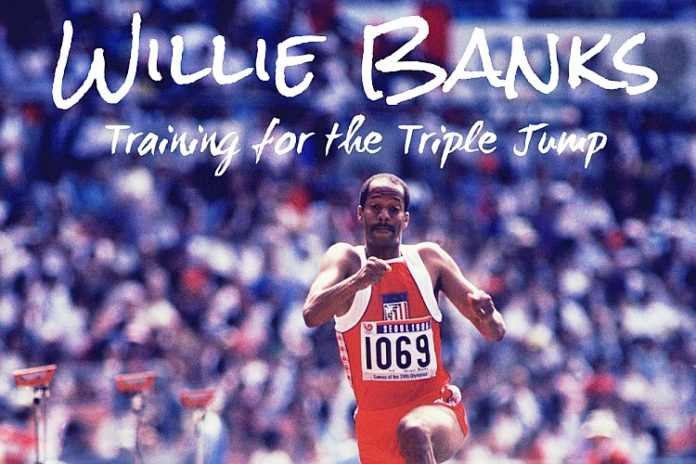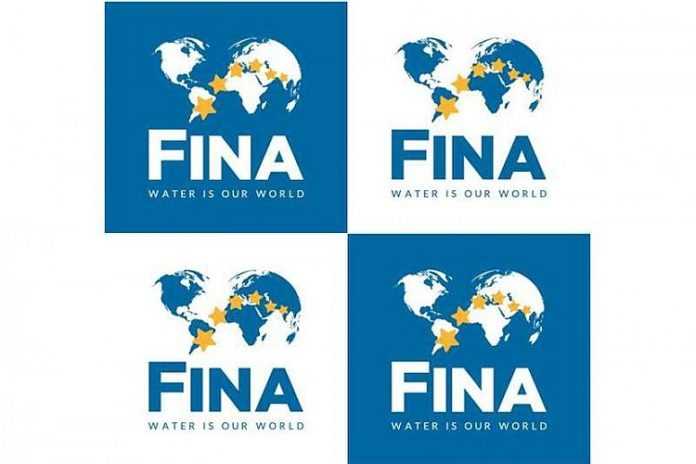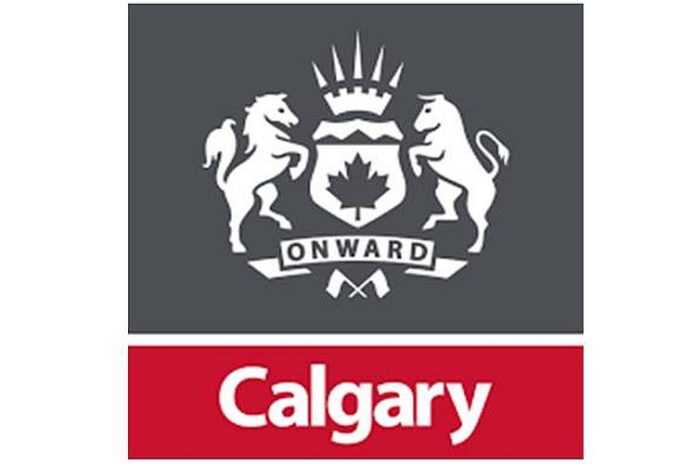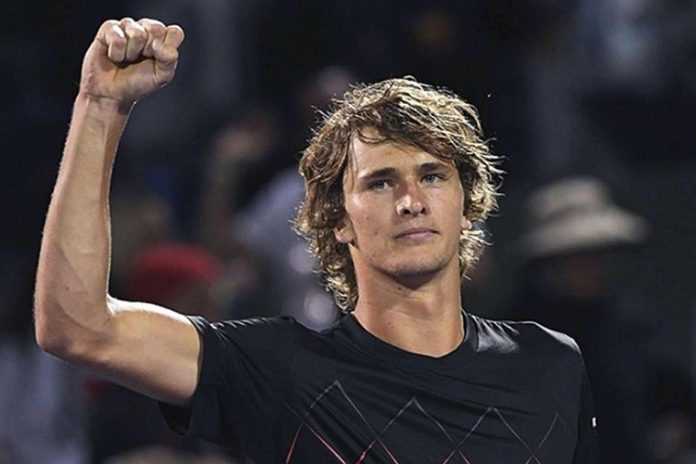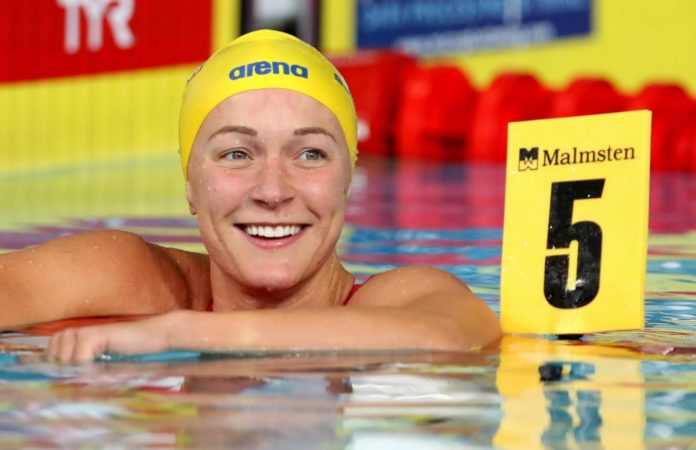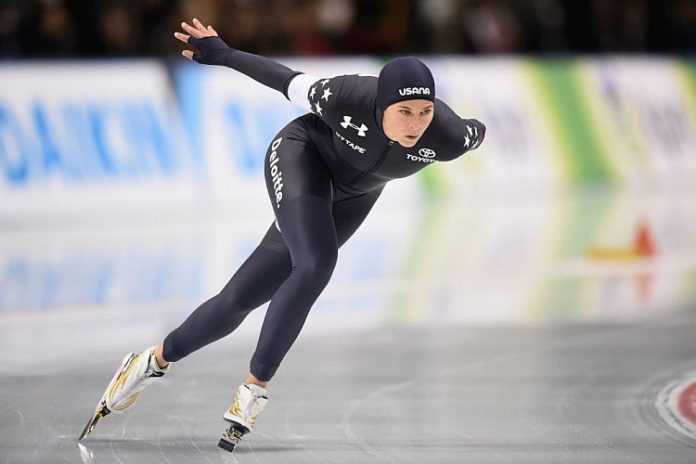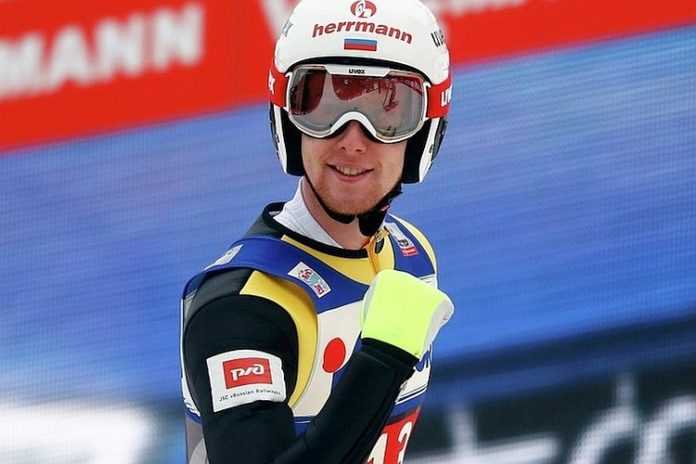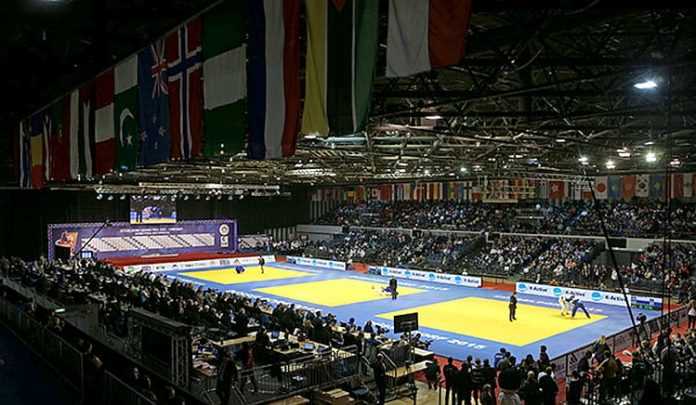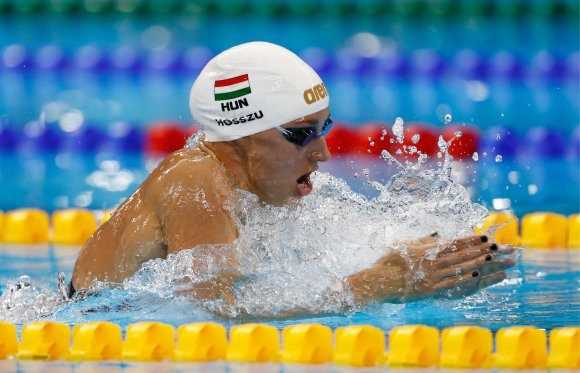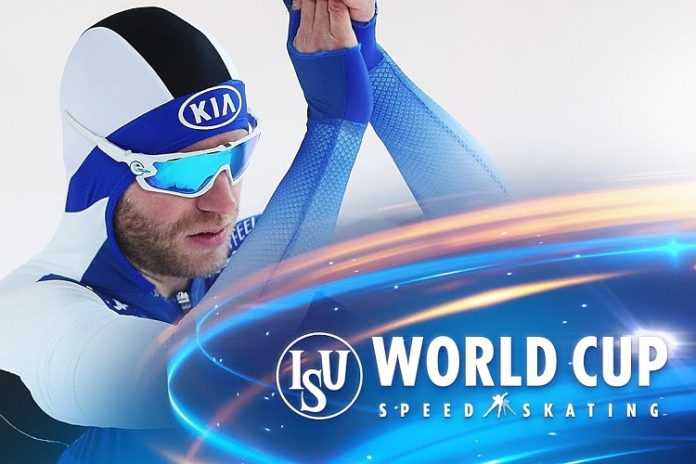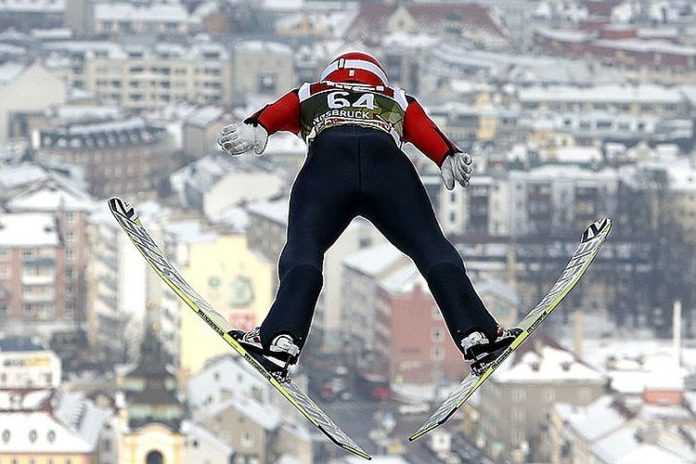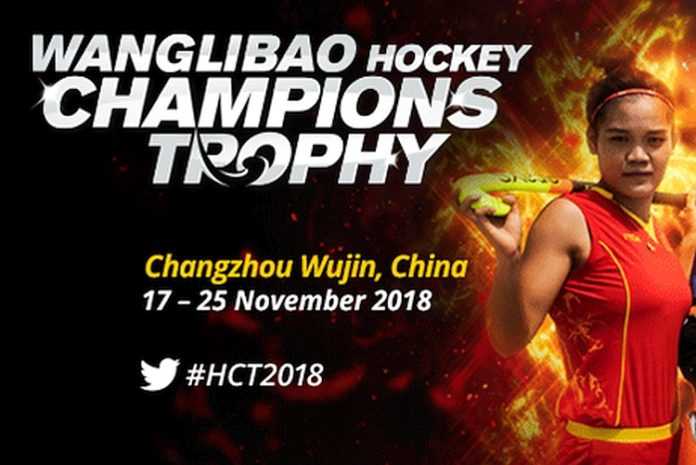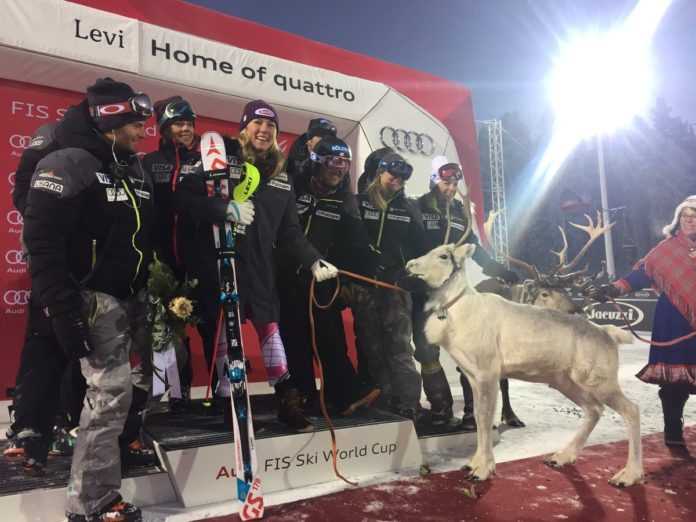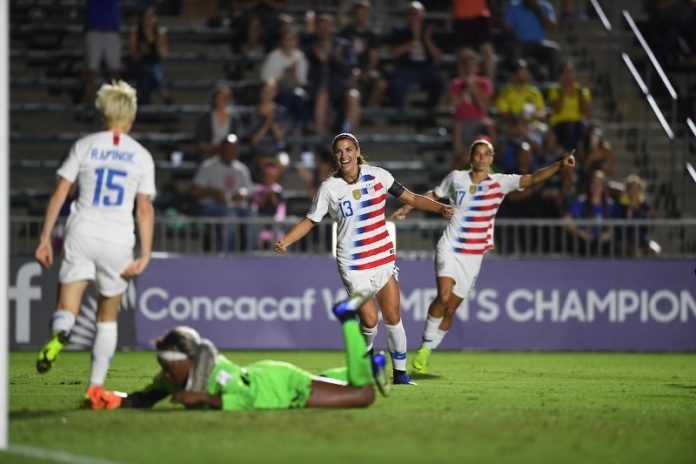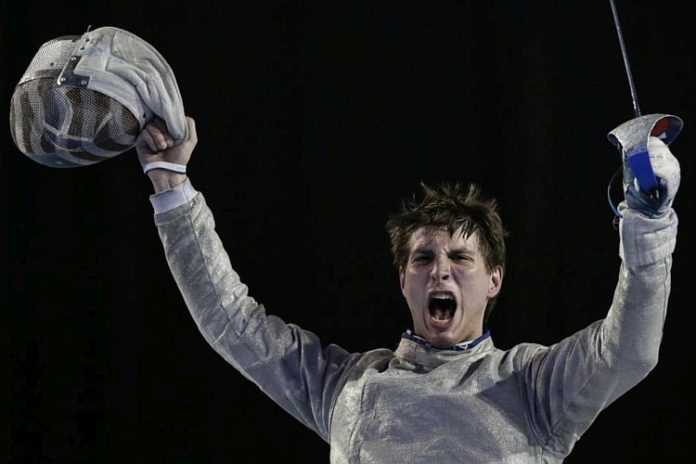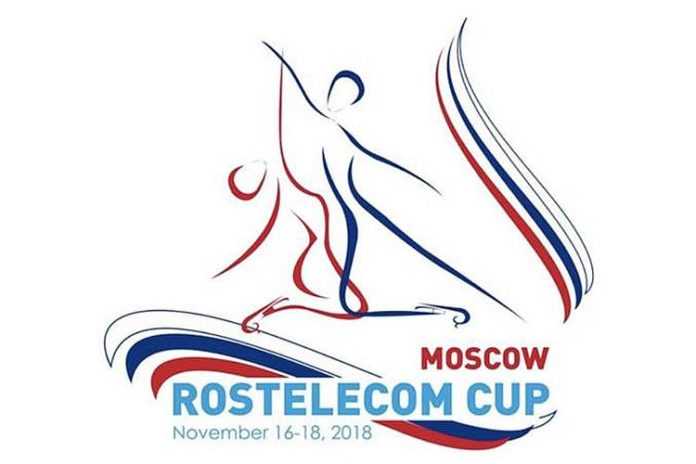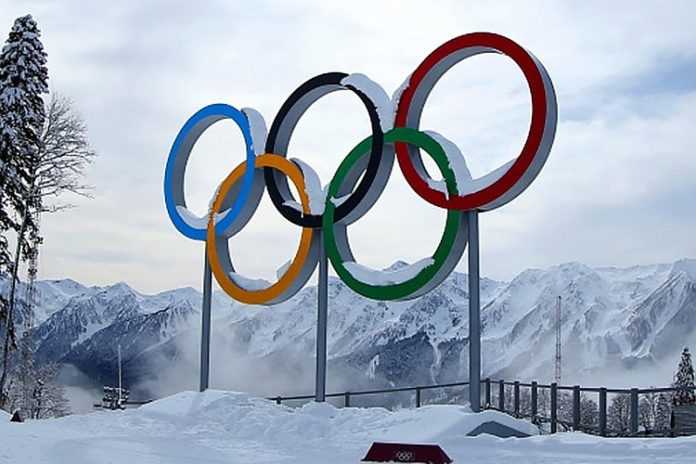The traditional Thanksgiving holiday in the United States came yesterday, with millions remembering the many blessings in their lives, along with the challenges ahead of them.
One of the things everyone in the Olympic Movement is thankful for is that they are not in Yury Ganus’s shoes.
Who?
Ganus is the 54-year-old Director General of the Russian Anti-Doping Agency (RUSADA), appointed on 1 September 2017 to bring the country’s anti-doping infrastructure up to speed and to have Russia act as a compliant member of the World Anti-Doping Agency. Given that Russia created and operated one of the most sophisticated, state-run doping programs in history between 2011-15, that was not an easy task to undertake.
But now it’s getting even worse.
Ganus has a long background in business, as well as serving as an “independent anti-corruption expert of the Russian Federation Ministry of Justice” from 2011-16. He has been uniformly low-key in his approach, trying to build cooperative relationships with the rest of the anti-doping world while working within Russia to try and develop an anti-doping culture that has never existed there.
He has also lowered expectations about RUSADA at every turn:
∙ He predicted before last September’s meeting of the WADA Executive Committee that he believed reinstatement for RUSADA was not forthcoming.
“I don’t have any optimism unfortunately,” Ganus told a news conference in Moscow on 4 September. “The outlook is negative.” But Russia was conditionally reinstated by WADA on 20 September.
∙ One of the key conditions was that WADA obtain access to the detailed data files of the Moscow Laboratory that was at the center of the national doping scheme, by 31 December of this year.
On 9 November, Ganus told the Russian TASS news agency that “I am feeling worried about how the situation is developing regarding access to the Moscow lab,” and that if a solution on access was not worked out soon, “we will lose trust, if not forever, then for many years.”
But at the WADA meetings on 15 November, Chair Craig Reedie (GBR) announced that “a WADA delegation would visit Russia on 28 November to meet with the authorities and visit the Moscow Laboratory. This meeting has been arranged to prepare for a full technical mission shortly thereafter to retrieve the Laboratory Information Management System (LIMS) and underlying data of the Laboratory before 31 December 2018 as required by the ExCo.”
All good, right? Under-promise and over-deliver, right?
Then came Thursday’s bombshell, as reported by the Associated Press that “The Moscow City Court ruled on Wednesday that Alexander Zubkov, who carried the Russian flag at the opening ceremony of the 2014 Winter Olympics in Sochi, should still be considered an Olympic champion. A Court of Arbitration for Sport ruling upholding his disqualification is not enforceable in Russia, the court said.
“A law firm representing Zubkov said the court found the CAS ruling violated Zubkov’s ‘constitutional rights’ by placing too much of a burden on Zubkov to disprove allegations against him.”
Zubkov piloted the winning sleds in the two-man and four-man bobsleigh events in the Sochi Winter Games, and was later found by the International Olympic Committee’s Disciplinary Commission (chaired by Denis Oswald of Switzerland) to have committed a doping rules violation. His sample containers showed “scratch marks” consistent with tampering and his specimen had salt levels considered physiologically impossible for human beings.
His disqualification by the IOC was appealed to the Court of Arbitration for Sport, which issued a 165-page opinion last April – one of only two publicly posted out of the 39 cases heard – which upheld the doping violation and the disqualification.
Zubkov challenged this ruling in Moscow and got a favorable result, which means nothing to the IOC, which will ask for his Sochi medals to be returned.
But what it does do is undermine the entire narrative that Ganus – and other Russian officials, up to the level of Minister of Sport – have been trying to build, that Russia accepts that there were systemic abuses and that corrective measures have been taken.
The Moscow City Court decision for Zubkov is nothing less than a virtual “Get Out Of Jail Free” card from the Russian judiciary to all of the 1,000+ athletes identified in the McLaren Reports and subsequent documents as benefitting from the state-run doping program between 2011-15.
On that basis, why should WADA or the IOC or any of the other bodies reviewing Russia’s status believe any assurances by Ganus or anyone else that Russia will take responsibility for real anti-doping control in the future? Today, be very thankful you are not Yury Ganus.
Rich Perelman
Editor





















